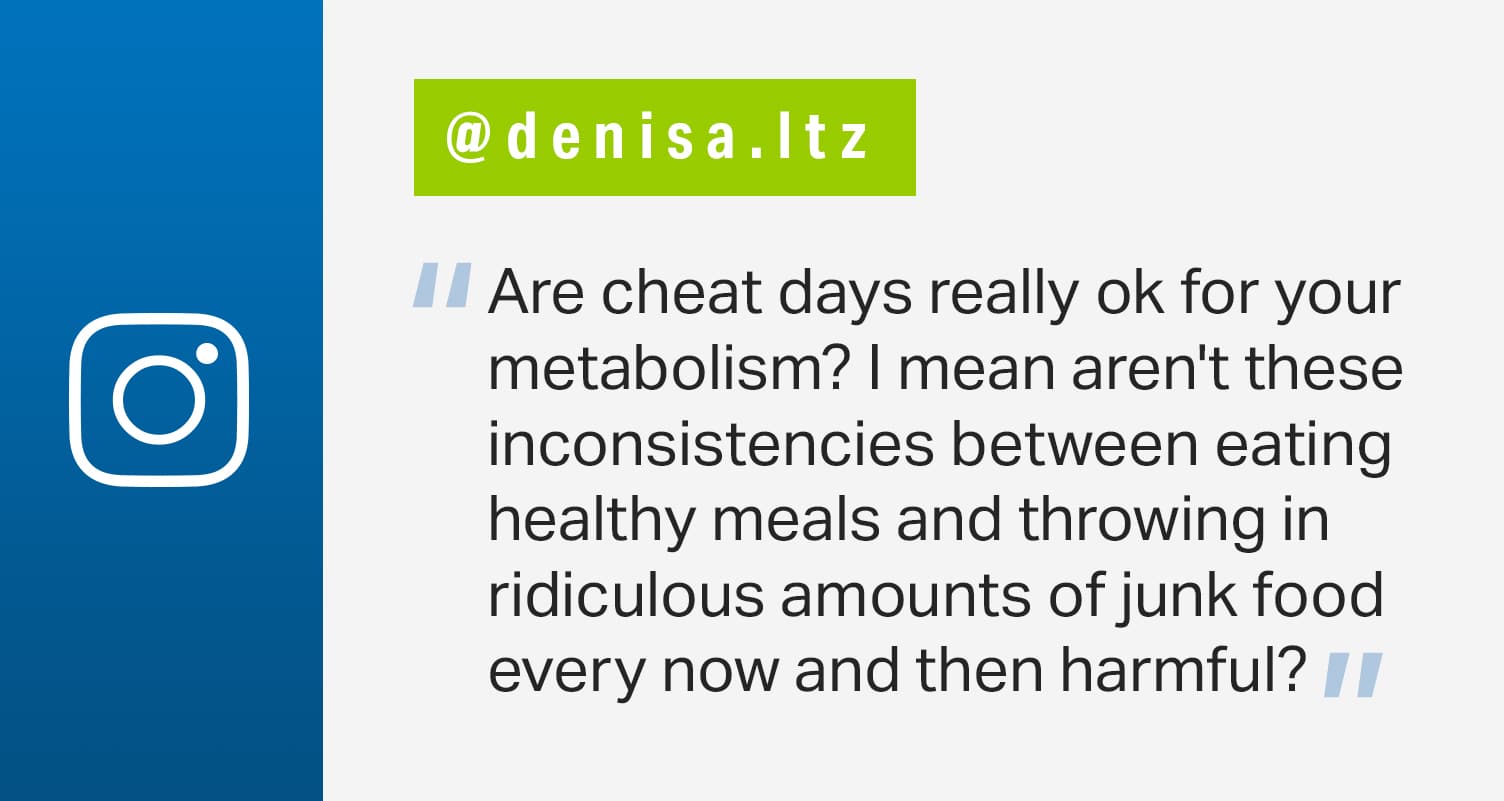
From Paleo to keto to gluten-free, we’re constantly bombarded with fad diets. The messaging is often similar — following these eating styles promotes fast and easy weight loss. But it begs the question, if any of these diets truly worked, would we need to continuously try new ones or go back on old ones for years on end?
It’s not the individual who fails the diet, it’s the diet that fails the individual. Put simply, diets don’t work. In fact, research has shown approximately 95% of the time, any weight lost on a diet is typically regained within five years. It’s also common to gain more weight back than originally lost as a result of changes to the metabolism caused by dieting. When this cycle repeats itself with another diet, more pounds are shed and regained (aka weight cycling or yo-yo dieting), it becomes increasingly difficult to maintain previous weight baselines because of ongoing metabolic shifts.
Here, what you need to know about how yo-yo dieting affects your metabolism, the role cheat days play and how to prevent the negative consequences:
THE SCIENCE BEHIND YO-YO DIETING’S EFFECT ON METABOLISM
Many strict fad diets call for a drastic restriction of calories or other “rules” that make it hard to sustain the diet long-term. Thus, after initial weight loss, you will likely regain weight. Another factor that plays a role is the shift in metabolism, which becomes less efficient with weight cycling.
Metabolic shifts occur to favor lipid (or fat) storage, which is the body’s natural response to starvation and weight cycling dating back to the times of feast and famine, when it was never certain when an individual would get to eat next. When the body is regaining lost weight, it often overshoots its prior set point to ensure all lean body (muscle) mass is regained due to these changes in lipid utilization and fat storage, and the end result is more fat mass than the body may have previously had.
This slowing of the metabolism, paired with the increased urge to eat that often accompanies strict diets, also contributes to more weight gain than originally lost, and makes it harder to lose weight each time a new diet is started.
Moreover, when the body isn’t getting what it needs and is losing lean muscle mass, it eventually leads to the physiological response of binge eating. Bingeing can not only contribute to quick weight regain, but it often causes feelings of shame and increases the likelihood of trying another diet because the person feels they’ve “failed.”
THE PROBLEM WITH CHEAT DAYS
We know dieting as a whole can negatively affect metabolism, and since “cheat” days fall under the category of dieting, they can absolutely contribute to the metabolic shifts mentioned above. That’s because “cheat” days are often sandwiched ibetween restrictive days, weeks or months and energy restriction is what sets metabolic change into motion. What’s more, “cheat” days tend to label foods into “good” and “bad” categories, which can lead to disordered eating.
NEGATIVE HEALTH EFFECTS OF WEIGHT CYCLING
Aside from the harmful affects yo-yo dieting can have on metabolism, research has found an increased risk of elevated triglyceride and cholesterol levels as well as heart attack and stroke in those who experience weight cycling. Dieting (and cheat days) can also have a negative effect on an individual’s relationship with food, their bodies, social lives and even careers.
HOW TO AVOID THE YO-YO DIETING TRAP
Even if you’ve weight cycled when trying to lose weight, all is not lost so don’t give up. Instead, shift your mindset so no food is off limits. Focus on what you can enjoy more of such as plenty of veggies, lean proteins, healthy fats and whole grains at each meal and keep portion sizes in check. Try to minimize distractions when eating so you can stay in tune with your body’s hunger signals and if you need more guidance, find a registered dietitian who can help. This lifestyle change helps your body and metabolism find its set point.
Unlock an experience that’s like having a dietitian, trainer and coach at your fingertips. Sign up for Premium for expert guidance and tools to help you reach your personal health goals.





